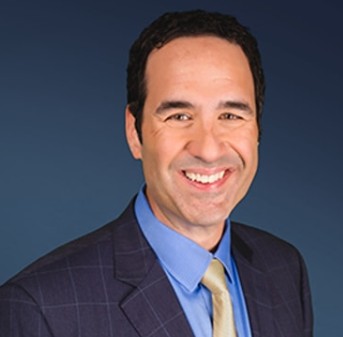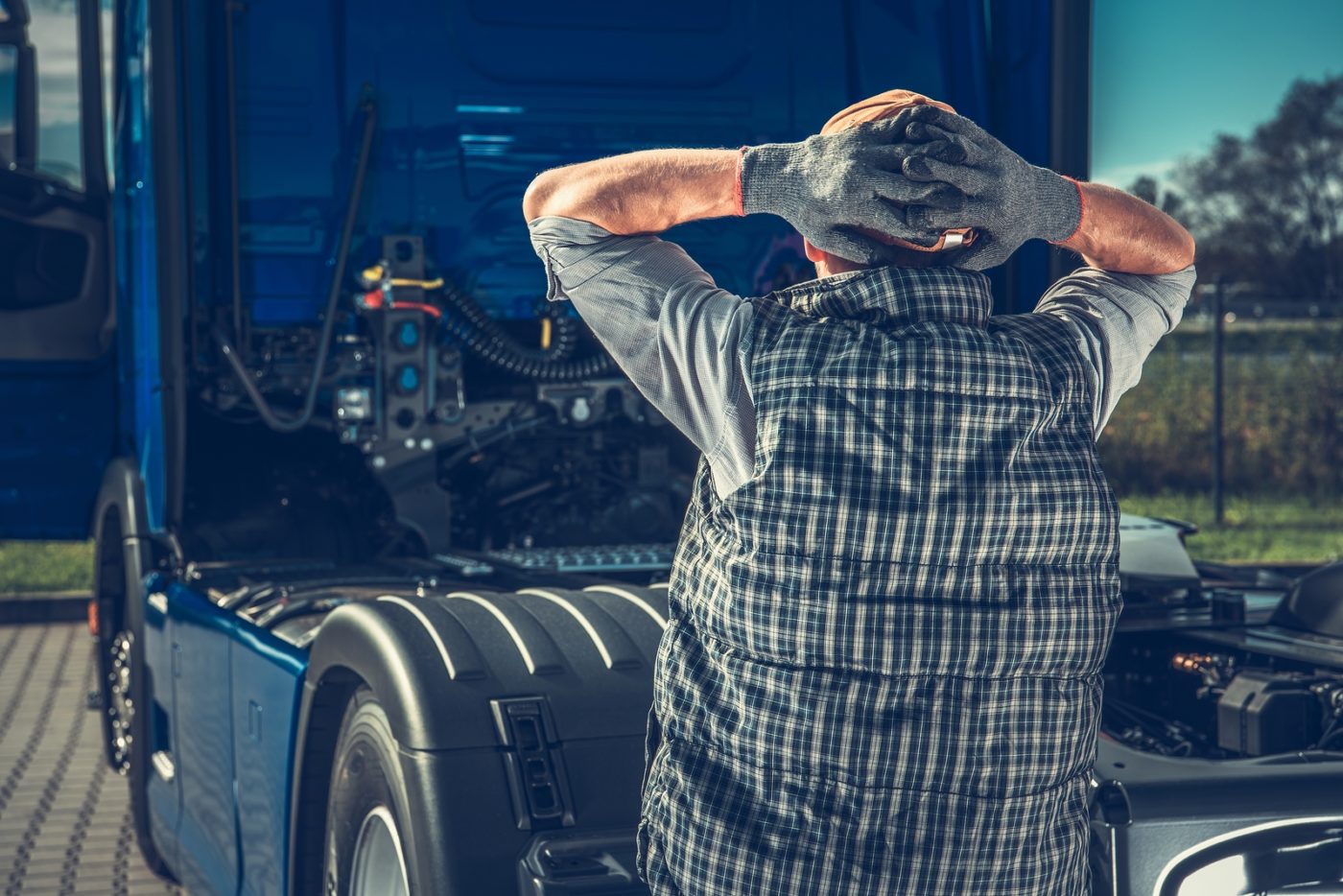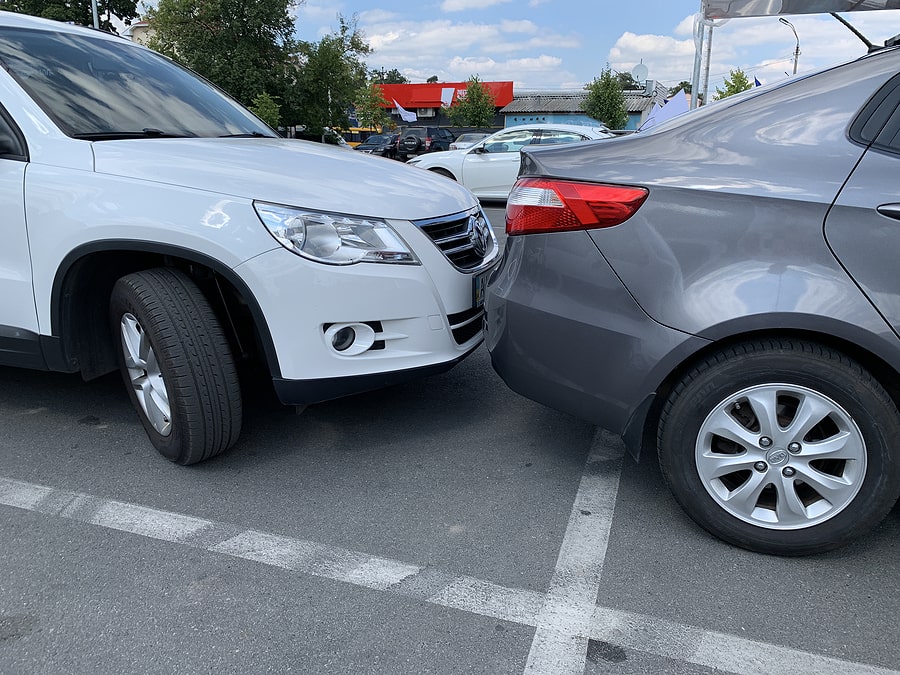Our country relies on big-rig trucks to transport goods across state lines and deliver products to their destination.. While the trucking industry is an important part of our economy, these large vehicles may pose dangers to others traveling on the roadway with them.
For example, in 2017, the Federal Motor Carrier Safety Administration reported that there were 4,889 fatal accidents on U.S. roadways involving commercial vehicles. This represents a 49 percent increase from the number of fatal accidents involving large commercial trucks or buses just a few years before, in 2009.
Texas, which routinely leads the nation in the prevalence of this type of accident, saw a total of more than 35,000 accidents involving commercial motor vehicles in 2017, including 513 that involved fatalities and another 1,221 that involved serious injuries. So what should you do if you are involved in an accident with a commercial truck? To learn more about truck accident help Read on to find out.
Stay Where You Are and Get Help
As with any motor vehicle accident, don’t leave the scene, as doing so may subject you to penalties and fines. For example, in Texas, leaving the scene of an accident without exchanging information with the other driver may cause you to face a Class B misdemeanor charge and fines in excess of $200.
While you must stay at the scene, you are encouraged to move your vehicle to the side of the roadway if possible, and your passengers should remain belted and inside the car. If you have flares or cones to place in the road to warn approaching traffic of the accident, you should do so. You should also have checked to see if anyone was injured in your car, as well as in any other car involved in the accident. As truck accident injuries are often quite severe and truck accidents often involve multiple vehicles, you should be prepared to call 911 to get immediate medical assistance for anyone who needs it, as well as police services to make a report.
Exchange Contact Information With Other Drivers
Exchange contact information with all other drivers involved in the accident before they leave the scene, as it will be much harder to track them down later. The information you need to gather, if possible, includes:
- The driver’s full name and address
- The driver’s phone number and email address
- If the commercial truck driver is working for a company, the name of that company as well as the company’s contact information
- The driver’s license number for the commercial truck
- Insurance company and policy number
Collect Witness Information and Photographic Evidence
If there were any witnesses to your accident, you should get their names and contact information as well. If possible, use your phone to take photos of all views of each of the vehicles involved in the accident. Additionally, you should photograph any aspects of the accident scene that may have contributed to the crash, such as an object obstructing the view of drivers at an intersection. Other photographic evidence that you should collect includes the exact location where the accident occurred and the weather conditions that were present at the time of the accident.
Seek Medical Treatment (Even if You Feel Uninjured)
You should seek a medical evaluation, even if you don’t feel hurt or you don’t feel as though your injuries are serious. As previously stated, accidents involving a commercial truck often produce serious injuries, but not all serious injuries present immediate symptoms. Additionally, your adrenaline in the initial moments and hours following the accident may mask the pain or presence of physical injuries. Some injuries that one might suffer in an accident involving a commercial truck that could present without symptoms include:
- Concussion. Concussions are often the mildest form of traumatic brain injury, and they come with symptoms such as disorientation, headache, a reduction in responsiveness, sensitivity to light and sound, or changes in sleeping patterns. Often these symptoms aren’t present immediately, which may cause a delay in diagnosis.
- Soft tissue damage. This type of injury may include whiplash, sprains, or strained muscles. It can take several days for the full extent of soft tissue damage to present itself.
- Back or neck injuries. Injuries to the back may include fractures to the vertebrae as well as damage to the spinal cord, while neck injuries include whiplash. While these injuries may present with immediate pain, numbness, dizziness, loss of range of motion, weakness in the affected area, difficulties with breathing or balancing, or pain in the upper back, neck, or shoulder, pain can often be masked by your adrenaline in the hours following the accident.
- Internal bleeding. Internal damage caused by the body striking part of the car or other objects in an accident may produce bleeding inside that is not visible. Pain from these injuries may not present itself immediately, and you may shrug it off as not serious enough for treatment. However, bleeding in bodily organs, such as the kidney, spleen, or liver, will continue to cause damage until the condition is detected and treated.
- Emotional or mental distress. Being in a motor vehicle accident is terrifying, particularly if it involved a tractor-trailer. When the shock wears off, many truck accident victims find themselves dealing with post-traumatic stress disorder (PTSD) due to the fear of losing their lives in the accident or witnessing the severe injury or death of another occupant in their vehicle or in other vehicles involved. Symptoms of PTSD following an accident include anxiety, reckless behavior, mood swings, extreme fear or uneasiness when traveling in a vehicle, changes in eating or sleeping habits, and even flashbacks about the accident.
The other reason to seek immediate medical treatment following an accident is because it’s the best way to officially document any injuries that you may have if you wish to file a personal injury lawsuit later to obtain compensation for your injuries. Without official medical documentation that you sustained injuries, you will be hard-pressed to establish damages that you suffered in the accident. Additionally, if you put off medical treatment for your injuries and complications result, your personal injury claim may not cover those injuries since you made no attempt to relieve damages.
Avoid Making Statements, Both at the Scene and After
Insurance companies will often use a person’s own words against them to avoid having to compensate accident victims. When the police speak to you about your accident, answer all questions as honestly and accurately as possible. However, avoid discussing the details of the accident, admitting fault, apologizing, or placing blame when talking to others at the scene. After you’ve left the accident scene, avoid making any statements to the other party’s insurance company.
Proceed with caution when posting on social media after an accident. Not only can your words be used against you to deny your claim if you suggest wrongdoing on your part in your posts, but insurance companies will also be looking for posts that contradict the seriousness of your injuries. For example, if you’re claiming that your back injury has had a significant impact on your life, but your posts show you jogging on the beach while on vacation, you run the risk of an insurance company finding and using that post as a reason to deny or reduce your claim.
Speak to an Attorney
One of the most important steps you can take after a truck accident to maximize your compensation is to speak to an experienced truck accident attorney. Attorneys who practice in this area of the law know that numerous federal regulations govern commercial truck drivers and will investigate the details of your case to see if the truck driver in your accident violated any of those regulations. Some of the regulations that may apply include:
- Hours of service regulations, which dictate how long a truck driver can drive before taking a break or taking off-duty time. Your attorney will check compliance with these regulations through the electronic logs that truckers must use to record their on- and off-duty time.
- Background checks that may have revealed driving infractions or criminal activities in the driver’s past.
- The results of mandatory drug and alcohol screenings.
- Medical fitness testing.
- Training on the proper way to load and secure cargo.
- Regular and thorough maintenance of the truck.
If the company has failed to comply with the regulations set forth by the Federal Motor Carrier Safety Administration, it may face increased liability for your accident. Many potentially liable parties can be involved in trucking accidents, and this is another aspect of your case that your truck accident attorney will look at. Each potentially liable party poses another resource that the insurance companies can use to compensate you. Other entities that might be liable for your accident include:
- The broker or shipper, who is obligated to ensure that the transport company it uses to ship its goods complies with federal regulations. If the shipper loaded the cargo onto the truck, it may also be liable if improperly loaded cargo was one of the factors that contributed to the accident.
- Those tasked with maintaining the truck. Faulty brakes are a frequent cause of trucking accidents. If the brakes have not been properly serviced, particularly if the truck maintenance company has a contract stating that they will provide this service to the trucking company, then the maintenance company may also share in liability.
- The manufacturers and distributors of faulty truck parts.
Your truck accident attorney also knows the common causes of trucking accidents and how they impact liability. Some of the common causes of truck accidents include:
- Driver error. Violating common traffic laws can result in catastrophe when it comes to big-rig trucks. Some driver errors that lead to commercial truck accidents include drowsy driving, speeding, texting, and driving while impaired by legal, illegal, prescription, or even over-the-counter substances.
- Poor maintenance. Drivers are required to inspect their trucks before each trip to ensure that they are properly maintained. Failure to do so creates liability for any accident that the lack of maintenance causes.
- Weather conditions. Inclement weather can test the training and experience of truck drivers, requiring them to slow down and use proper braking techniques to avoid jackknifing or sliding.
- Cargo issues. Improperly loaded cargo or trucks that exceed state and federal standards for height, length, and weight requirements.
A personal injury attorney who specializes in truck accidents will provide you with legal guidance and help you make an informed decision as to whether to accept a settlement offered by the insurance company for your injuries or to file a lawsuit. Other services that your personal injury attorney will offer include:
- Establishing a value to your case based on the injuries you’ve suffered, the treatments required, the time you’ve missed from work, and other impacts that your injuries have had on your life.
- Negotiation skills, which are needed to secure the best possible settlement.
- Expertise in filing lawsuits within the statutory time limit provided by state law and adhering to the legal requirements that must be met before your case can proceed.
- Investigation into your accident to uncover all sources of insurance and liability.
- Experienced representation in the courtroom, should your case go to trial.
- Medical and accident experts that can serve as credible voices regarding who is responsible for your injuries and the treatments necessary for your rehabilitation.
- Assistance in dealing with bill collectors while your case is proceeding.
- Assistance in the collection of your settlement or award.
- Representation during an appeal, should you or the defendant disagree with the outcome of your personal injury lawsuit.
Most personal injury lawyers work on a contingency fee basis, meaning they will not charge you for their services until you have obtained a settlement or award.






